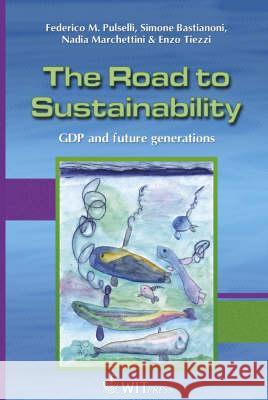The Road to Sustainability: GDP and future generations » książka
The Road to Sustainability: GDP and future generations
ISBN-13: 9781845641405 / Angielski / Twarda / 2008 / 224 str.
This book presents a view of sustainability that starts from the acknowledgment of physical conditions and limits that humans can no longer neglect. It also includes some epistemological foundations of the concept of sustainability and an historical background. The view is optimistic to the extent that economics, the compass of our industrial society, is open to inputs and suggestions coming from outside orthodox schemes. Transdisciplinary science is one key element of such a change, and this book is a transdisciplinary project. In the field of the criticism of GDP as an omni-comprehensive instrument, the book also describes the methodology of the Index of Sustainable Economic Welfare (ISEW), proposed by H. Daly and John Cobb in 1989. They proposed some revisions to the System of National Accounts and GDP in order to add information for policy makers towards sustainability. Starting with consumption, some adjustments are proposed to allow for inequality of income distribution, environmental problems (such as pollution costs, long term environmental damage, depletion of non-renewable resources) and social issues (such as commuting costs, urbanization costs, public expenditure for health and education). Computations for different nations have shown that ISEW increases together with increasing GDP up to a point, beyond which it stagnates or even decreases, due to the environmental and social pressure of economic growth. The ISEW is a feasible calculation and some experiments at the local level in Italy are presented. Advances in integrating different sustainability indicators (both economic-based and physical-based) are also presented as well as their use under a sustainability viewpoint.











